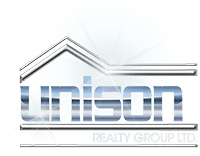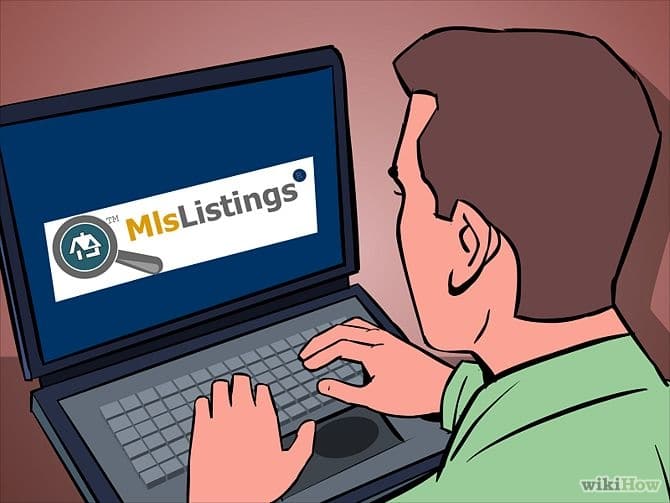Advice for Sellers
(The comments contained on this page are for informational purposes only and do not constitute legal advice.)
1. Choosing a REALTOR®
Selling your home isn’t a simple procedure. It involves large sums of money, stringent legal requirements and the potential for costly mistakes. A REALTOR® will spend the time it takes to help you sell your home in the least amount of time and for the best possible price.
Start by finding REALTORS® in your city by using CREA’s handy search tool. Then, talk to some of them and compare their services. It’s important that you’re comfortable and confident with the agent you choose.
2. The Listing Agreement
A Listing Agreement is a contract between you and your agent’s brokerage company. It provides a framework for subsequent forms and negotiations. It’s important the agreement accurately reflects your property details and clearly spells out the rights and obligations of all parties.
Generally, in the agreement you appoint the brokerage company as your agent and give its representatives the authority to find a purchaser for your home. The Listing Agreement will outline:
The duration of the agreement;
Your REALTOR’s® compensation
The listing price and an accurate description of the property;
Financial conditions of the property, including the mortgage balance, mortgage monthly payments and the mortgage due date;
Information about annual property taxes; and
Any easements, rights of way, liens or charges against the property.
Disclosure
Ask your listing REALTOR® about disclosure, which is a seller’s obligation to disclose facts about properties for sale. The buyers will need to know material facts about the property; that is, anything that could materially affect the sale price or influence a buyer’s decision to buy it. A major cause of post-sale disputes and lawsuits relate to defects and disclosure, but most disputes can be avoided if proper disclosures are made. Intentionally withholding information about a property when selling it can have serious legal consequences.
3. Setting Your Price
How much should you ask for? Although you may have an idea of how much your house is worth, it’s important to have your home valued on its own merits by a professional. Be careful not to price your property too high or too low. If it’s too high, there’s no sale; too low and you lose on your investment.
A REALTOR® has the information and expertise to assess at what prices similar properties in your area have sold, and may be able to help you in this regard. She can also provide information on market history, such as the number of properties sold in your community the previous month or year.
4. Listing and Marketing Your Property
If your listing is an MLS® listing, your REALTOR® will place your listing on a real estate board’s MLS® System. Through the board’s MLS® System, all other REALTORS® that are members of that board can find and view information about your property, and all have the opportunity to sell your property. Your property gains more exposure, because it reaches the majority of the real estate professionals in your community. And through REALTOR.ca, the national property website that gets more than a million unique visitors per month, your property is advertised to potential buyers across Canada and around the world.
Open Houses
Your REALTOR® may recommend an open house. There are two types. First is an agent’s open house, where sales representatives from the listing company will be invited to view your house. Each of these REALTORS® may have a prospective buyer.
The second type of is a public open house, where members of the public are invited to walk view your home. It’s an efficient way to show your home to many potential buyers at once. Your agent will act as host, answering any questions.
5. Waiting For the Right Opportunity
Sometimes a home doesn’t sell right away. Avoid the urge to pull your home off the market. Be persistent! Generally, there are three reasons why a home may not sell as fast as others: location; condition; and asking price.
Obviously, you can’t change your home’s location. However, you can improve the condition of your home and you can, of course, adjust your price. Throughout the listing process, you need to be constantly comparing your asking price against those of similar properties in your area. Review your selling strategy regularly with your listing agent, who may help you answer the following questions:
- Is your house being shown regularly?
- Are you receiving the feedback from prospective buyers?
- Are you in touch with the marketplace?
- Is your property competing well? If not, what else can you do?
6. Accepting an Offer
Once a buyer is found, you’ll receive an offer that will:
- Detail the buyer’s price
- Specify any conditions that may apply or be attached
- State desired date of possession
- The date the offer expires
- As an act of good faith, the buyer will make a deposit with the offer. You don’t have to accept the offer as is. You may wish to make a counter offer that meets the original offer partway. The counter offer is one more step along the way to negotiating the final terms and conditions of the sale.
The offer, once signed by everyone, is a binding contract. Make sure you understand and agree to all of the terms in the document. Before signing, you may want your lawyer to review it. Your lawyer should also ensure that you receive compensation for prepaid expenses such as, property taxes, electrical or gas bills, or if applicable, any heating oil left in your tank.
After these are paid, you will receive any money you have coming from the sale.
Other Possible Requirements
Before closing, if the buyer insists upon any conditions of sale, you may be asked to provide a number of things.
- A current survey, or a “real property report,” showing that the house sits on the property that you own; that is, that there aren’t any encroachments onto other properties.
- Title to the property (the buyer’s lawyer will check this out when he or she conducts a title search to see if there are any liens on the property, easements, rights of way or height restrictions)
- Especially in rural areas, a certificate for a well or septic system, stating the system meets local standards
- Access to the property by a qualified engineer or inspector
For additional information or articles from The Canadian Real Estate Association please visit http://www.crea.ca









